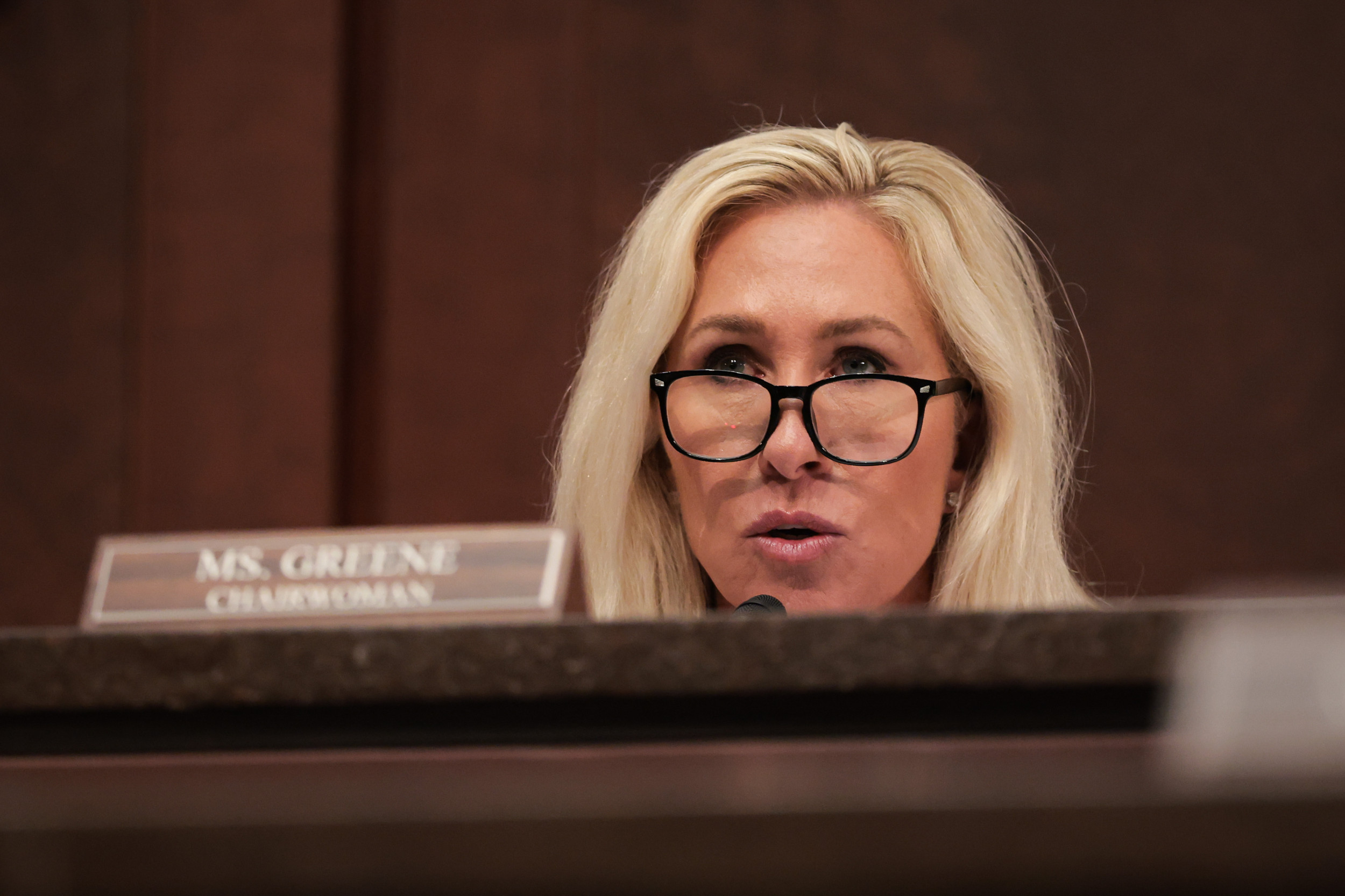
A new proposal in the New York legislature aims to put the concept of a four-day workweek to the test in both private and public sectors, providing a blueprint for the radical reimagining of American work culture that could potentially inform its adoption statewide and nationwide.
The idea takes shape in the form of two bills in the New York State Assembly, A5423 and A5454, both introduced in February by Phara Souffrant Forrest, who represents the 57th Assembly District in Brooklyn. These aim to establish a “pilot program” for the four-day work week, during which employees will receive a reduction in the overall hours worked “without any reduction in overall pay.”
“As a working mom, a nurse, and someone who’s juggled multiple jobs just to get by, I know firsthand how exhausting and unsustainable the five-day grind can be,” Forrest told Newsweek. She said that the plan “came out of that lived experience and out of conversations I’ve had with so many New Yorkers who are overworked, underpaid, and barely have time for their families or themselves.”
The legislation would amend the state’s labor and civil service laws to establish the pilot program and outline guidelines for participating employers. The state’s Division of the Budget would also be required to identify agencies “for which a four-day workweek is feasible and beneficial for at least sixty percent of state employees.”
In drafting the proposal, the assemblymember said she drew on numerous case studies and similar pilot programs in the United States and abroad.
One such study, involving 61 companies and nearly 3,000 workers in the United Kingdom, found widespread improvements in employee wellbeing, a decline in staff turnover, and no noticeable reduction in revenue during the six-month trial period. Of the 61 companies involved, 56 (92 percent) said that they would continue with the four-day workweek, with 18 enacting this as a permanent policy.

Professor Brendan Burchell, who was involved in the 2022 study as well as several others testing the benefits and drawbacks of a four-day workweek, said most yield similarly positive results. He cited another trial with employees at the South Cambridgeshire District Council in England.
“Employee morale has gone up, as has productivity, and they have saved about $500,000 per year,” Burchell told Newsweek. “Before the [four-day week] they were having big problems recruiting so were hiring many agency staff and paying a lot for recruitment incentives.”
“I don’t see any reason why it would not work in New York,” he added.
Forrest described these kinds of studies as “real-world evidence that fewer hours doesn’t have to mean less productivity and that workers thrive when given more time to care for themselves, their families, and their communities.”
Forrest also mentioned drawing on the expertise of Juliet Schor, economist and professor of sociology at Boston College, in devising the framework for her pilot study proposal.
Speaking to Newsweek, Schorl said her recent research into the topic had shown improvements across the board in wellbeing metrics, such as burnout, stress, and work-life balance, and that the companies themselves “report high satisfaction with the trials.”
In addition to the perhaps predictable implications for employee well-being and the ability of companies to maintain—or even increase—productivity, sociology professor Thomas Roulet said that firms adopting a four-day workweek also receive a significant reputational boost and enhancement of their “employer brand.”
“It makes firms distinctive for as long as the four-day workweek is a unique, rare approach to improving work conditions,” Roulet said. “It also enables higher job satisfaction and lower turnover as an implication.”
However, he said businesses may struggle to organize working schedules and avoid “the potential bottlenecks created by four-day work week.”
“Imagine you work in a consumer-facing firm and you need input from a colleague on a Thursday afternoon—they are off on Friday and you are off on Monday,” he said. “The client will have to wait a minimum of four days.”
Roulet also mentioned that skepticism toward the idea of a four-day workweek may elicit skepticism from sectors that “require workers to be available over a longer period of time, and interdependence across different parts of the organization.”
Schorl said that the hardest sector in which to implement the idea “will be internationally exposed manufacturing firms who are in a fight for their lives with low cost foreign labor.” This hurdle, she said, is in addition to the “politically conservative groups who will oppose it on ideological lines.”
However, participation in New York’s pilot program is voluntary, a factor that could shield the idea from any such pushback for the duration of the trial period. The program would also offer incentives to employers, either a tax credit of up to up to $250,000 per employer or $5,000 per participating employee.
The proposals are currently being reviewed in committee, where public hearings will be held prior to any amendments or votes. Forrest told Newsweek that the response from fellow legislators “so far has been encouraging,” which to her signals a “growing interest in rethinking the structure of work, especially after the pandemic shifted how we all view time, labor, and quality of life.”
She said that her legislation was only the first step in a much longer process, which involves gathering evidence of the impacts for employers and employees, sharing these findings, “and pushing the conversation forward in a serious, data-driven way.”
“If we can demonstrate that this works here in New York, I absolutely believe it can become a model not just for our whole state, but for the country.”




